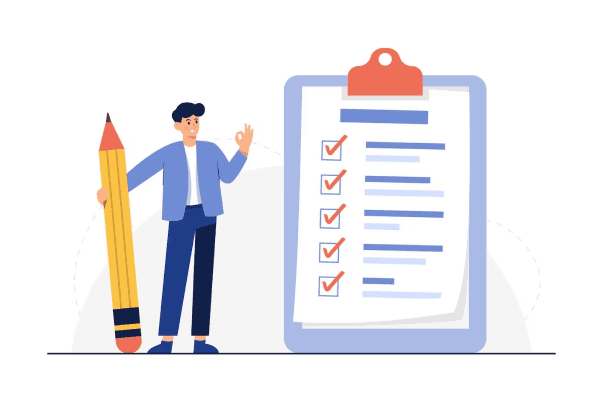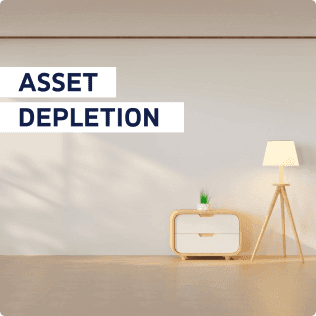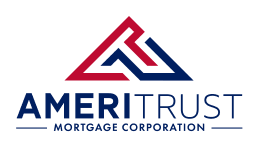Definition
What is a Conventional Mortgage Loan?
A Conventional Mortgage is a type of home loan not insured by a government agency like the FHA, VA, or USDA. They are offered by private lenders and meet the funding criteria set by Fannie Mae and Freddie Mac.
The Benefits
Benefits of conventional loans
Variety in loan terms
Choose from various loan terms, such as 15, 20, or 30 years, depending on your financial goals.
Lower interest rates
Conventional loans often offer lower interest rates than government-backed mortgages, making them cost-effective in the long run.
Flexibility in Down Payment
Conventional loans often allow for a down payment as low as 3%, although a higher down payment may result in better terms.
Requirements
Requirements for Conventional Loans
Credit Score
A minimum credit score of 620 is usually required, but a higher score may secure better rates.
Debt-to-Income Ratio
A Debt-to-Income ratio of less than 43% is generally recommended.
Private Mortgage Insurance (PMI)
PMI is typically required if the down payment is less than 20%
Types of Conventional Loan
Variety of conventional loans
Fixed-Rate Mortgage
The interest rate remains constant throughout the loan term.
Adjustable-Rate Mortgage (ARM)
The interest rate can change at predetermined intervals.
The Process
How to Apply For a Conventional Loan
Pre Approval: Understand how much you can afford.
Loan Application: Submit all necessary financial documentation.
Appraisal: The lender will assess the value of the home.
Loan Approval: After due diligence, the loan will be approved.
Closing: Finalize your mortgage with a closing meeting.

Swift Programs
Explore Our Array of Loan Programs Tailored to Suit Your Needs
Discover home-ownership with our tailored loans. Our expert team ensures you get the perfect loan for your unique needs.



Have Questions?
Curious about anything?
Below you can find the answers to frequently asked questions.
Anything Unclear or Need Some Help? Relax, We Are Here for You 24/7
Relax and take comfort in knowing that our 24/7 support ensures you're never alone on your financial journey.
Customer Service
Please provide your query, and we will assist you as quickly as we can.
AmeriTrust Mortgage Corporation
NMLS# 217229
888-499-9060
17341 Irvine Blvd., Suite 285Tustin, California. 92780
2201 Spinks Road, Suite 233 Flower Mound, TX 75022
info@ameritrust-mortgage.com
Business Hours Monday - Friday 8:00 AM to 5:00 PM PST
© Copyright 2024, All Rights Reserved Ameritrust-Mortgage - Powered by Maple54
- Contact Us
- Business Hours Monday - Friday 8:00 AM to 5:00 PM PST
Stay Connected
+1 ( 888 ) 499 - 9060
info@ameritrust-mortgage.com
Address: 17341 Irvine Blvd., Suite 285, Tustin, CA 92780
LOAN CENTER
LOAN TYPES
QUICK LINKS
OUR LOCATION
- +1 ( 888 ) 499 - 9060
- 17341 Irvine Blvd., Suite 285,
- Tustin, CA 92780
REFINANCE SOLUTIONS
LOAN PROGRAMS
HOME PURCHASE LOAN
Privacy | Terms & Conditions | Sitemap
© 2024 - Copyright - Powered by Maple54



